Keywords: World Affairs
There are more than 200 results, only the first 200 are displayed here.
-
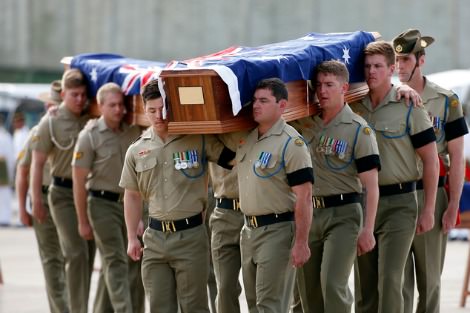
AUSTRALIA
- Binoy Kampmark
- 07 June 2016
5 Comments
Thirty-three bodies returned to Australia last Thursday in the country's largest repatriation of dead servicemen and their dependents, including six children. All of the dead were connected with Australia's involvement in overseas conflicts which have been archived and, in some cases, forgotten altogether. Returning the fallen has been a contentious matter. In some cases, the issue has been politicised, with dead soldiers discarded for being the immoral instruments of disputed foreign policy.
READ MORE 
-

AUSTRALIA
- Frank Brennan
- 30 May 2016
5 Comments
'Being in the middle of an election campaign, I will not be making any partisan party political points. However being here in the bellwether seat of Eden-Monaro, I will conclude with a critique of both major political parties, and with one piece of political advice for citizens of goodwill seeking a national asylum policy more in harmony with the ideals set out by our bishops in their social justice statement.' Yass Catholic Parish Potluck Dinner, 28 May 2016
READ MORE
-
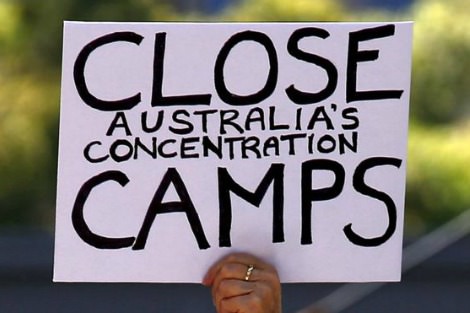
INTERNATIONAL
- Frank Brennan
- 28 April 2016
33 Comments
A bench of five justices of the Supreme Court of Justice, the highest court in Papua New Guinea, has unanimously ruled that the detention of asylum seekers on Manus Island is unconstitutional. Yet again, Australia has been complicit in its Pacific neighbours (PNG and Nauru) prostituting their Constitutions and undermining the rule of law in exchange for a fistful of dollars, with hapless asylum seekers, most of whom are ultimately proved to be refugees, being left to languish.
READ MORE 
-
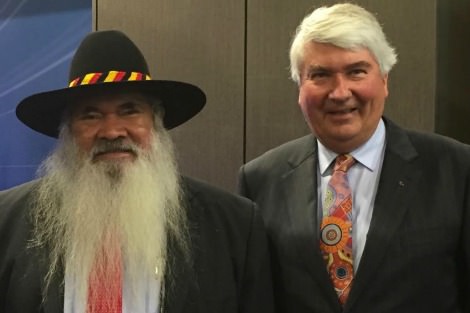
AUSTRALIA
- Frank Brennan
- 15 April 2016
21 Comments
The royal commission into Aboriginal deaths in custody, which signed off on its final reports 25 years ago this Friday, definitely improved the systems for supervision of persons in detention, reducing the risk of deaths in custody. It also led to better coronial procedures. But it failed to reverse Indigenous imprisonment rates and it did little to counter the underlying causes of Indigenous imprisonment. Back then, Patrick Dodson saw police as the main problem. Now, he thinks it's the legislators.
READ MORE 
-
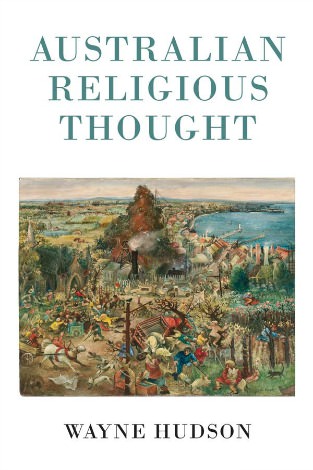
RELIGION
- Frank Brennan
- 22 March 2016
6 Comments
I offer no public judgment of Pell, and unlike many other commentators I'll await the findings of the royal commission. I have however been outspoken about his right to a fair hearing and natural justice, not because I am a priest but because I am a human rights lawyer who cares about the universal application of the rule of law. It is when a representative of institutional religion like Pell taps into the generic religious sensibility or moral consciousness that the real work of Australian religious thought is done.
READ MORE
-

ARTS AND CULTURE
- David Ishaya Osu
- 21 March 2016
3 Comments
My elder sister was negotiating with a mobile seller of wears, and a neighbour, fondly called Mama Daniel, interfered, asking the seller not to sell to my sister, Elizabeth. And my sister pounced on the 40-something-year-old woman. They exchanged blows on their bodies. And my sister, who was more muscular and raging, grabbed the woman's wrapper and opened her secret. This is where everything ended and began, simple and complicated. Elizabeth has been a psychiatric patient since 2006.
READ MORE 
-
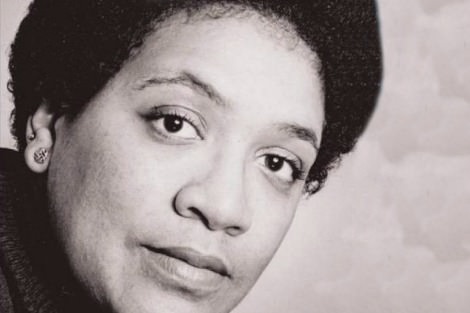
AUSTRALIA
- Somayra Ismailjee
- 24 February 2016
4 Comments
Feminist writer Audre Lorde wrote that 'Caring for myself is not self-indulgence, it is self-preservation, and that is an act of political warfare.' In medical professions, the term 'self-care' originated in reference to the self-management of illness. Self-care, however, also exists in the context of social justice, extending beyond physical wellness to cater for a holistic approach that includes emotional, mental and spiritual fulfilment. The need for this is rooted in the burden of oppression.
READ MORE 
-
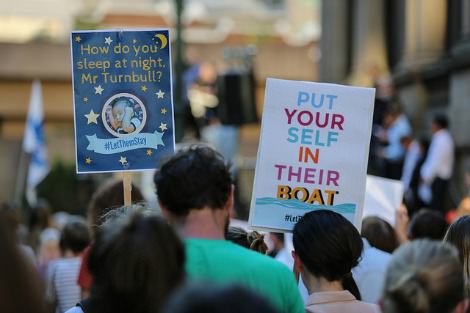
AUSTRALIA
- Somayra Ismailjee
- 12 February 2016
8 Comments
Since the first churches offered sanctuary to the refugees facing deportation to Nauru, a steady stream of voices have joined the call for compassion. As a political language, compassion is itself a reclamation of power. Extending safety, resources, or even a mere welcome to people in need proves that we have something to give. Strength is embodied by a capacity to aid and assist, rather than in cruelty. Empathy, care and compassion appeal to us on a level of emotion that runs deeper than mere rhetoric.
READ MORE 
-
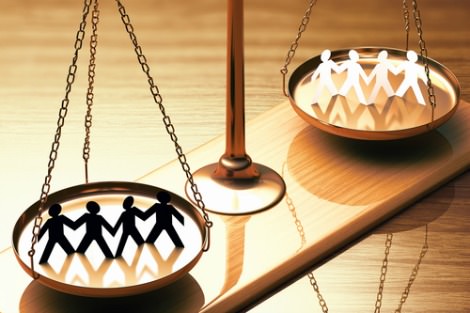
AUSTRALIA
- Somayra Ismailjee
- 03 February 2016
6 Comments
A perception of Muslims as 'savage' and antithetical to peace accounts for incidents where overtly racist people can rejoice easily at the loss of human life, to little negative reaction. When a person is deemed unworthy or bereft of humanity, their death becomes gruesomely welcome. While Islamophobia itself does not define racism, Muslim people exemplify ideas of a cardinal threat against the Anglocentric West, which laterally affects how brown non-Muslim minority groups are treated.
READ MORE 
-
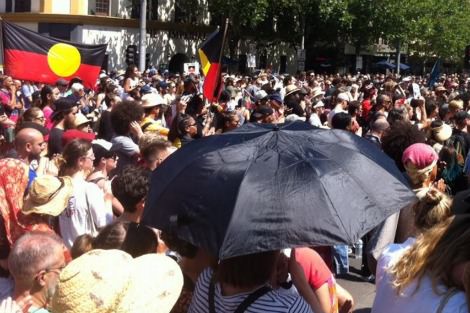
AUSTRALIA
- Celeste Liddle
- 01 February 2016
27 Comments
On the day of the Invasion Day rally in Melbourne, I was abused for wearing a pro-Aboriginal rights t-shirt. I wasn't shocked. Indeed, I even expected it. It is not the first time I have been abused as an Indigenous activist on Australia Day. What did shock me were the media reports on the rally. When I read that the densely packed, energetic, noisy crowd consisted of only 150 people, I was surprised, to say the least. I and other seasoned protesters estimated the crowd at around 3-5000.
READ MORE 
-
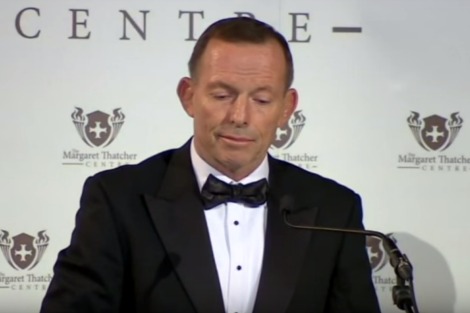
AUSTRALIA
- Sabine Wolff
- 11 January 2016
9 Comments
Just when the ringing of the words 'I stopped the boats' had finally subsided and you were getting used to the idea of business agility and economic innovation as the key battlegrounds, who should pop back up but former Prime Minister and Culture Warrior in Chief, Tony Abbott. Abbott's Margaret Thatcher memorial speech — in which the words 'a hint of Thatcher about my government' were used with apparently no irony whatsoever — was a stunning example of revisionism, hubris, and confused ideology.
READ MORE 
-
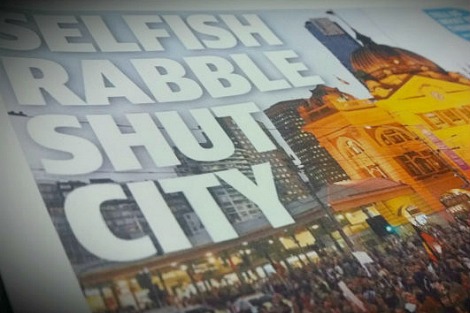
AUSTRALIA
- Celeste Liddle
- 16 December 2015
5 Comments
At the end of 2014, the scene for Indigenous politics in 2015 was set. While it is rare to see a year where Aboriginal and Torres Strait Islander people don't take to the streets to challenge government policies, Western Australian Premier Colin Barnett's announcement in November 2014 of the proposed closure of remote communities led to a large scale movement. It was one of several events that mobilised Indigenous communities during 2015. Next year is shaping up to be just as action packed.
READ MORE 